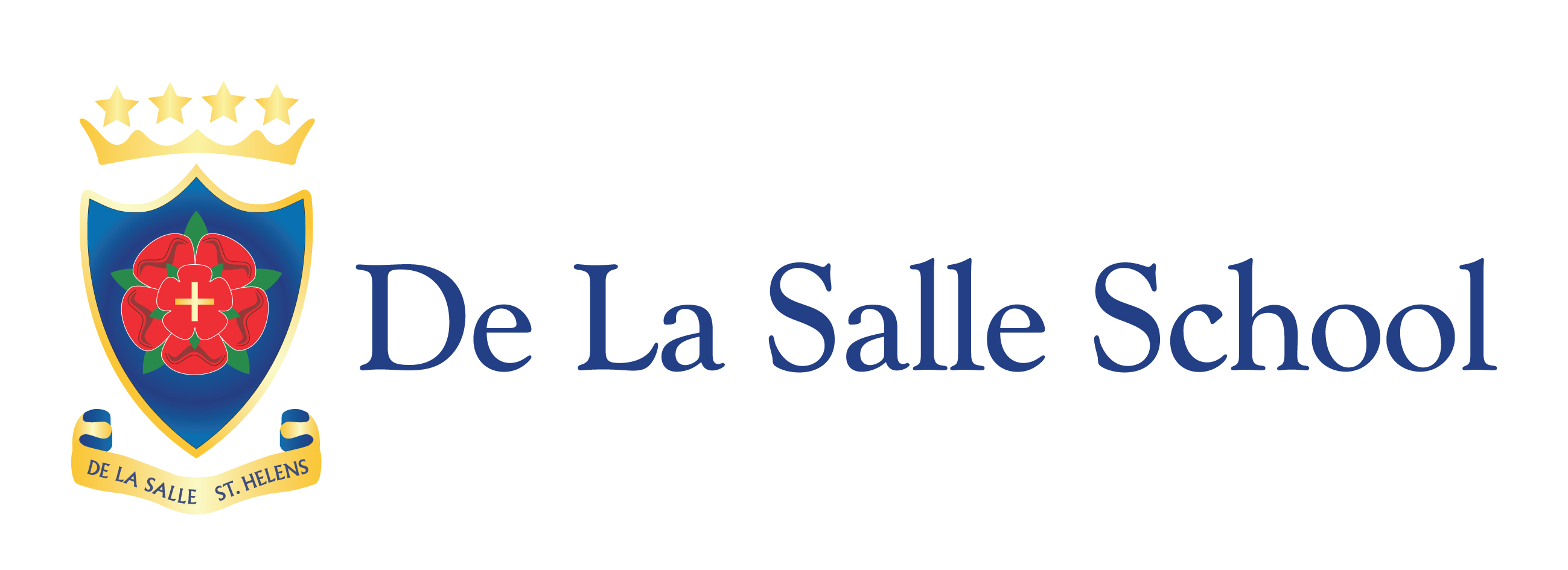
Mentors in Violence Prevention
Mentors in Violence Prevention (MVP) is one of the original gender violence, sexual harassment, and bullying prevention programs. It was first developed as a sports culture initiative in 1993 by Dr Jackson Katz and his colleagues at Northeastern University’s Center for the Study of Sport in Society.
The decision was made to introduce MVP to Scottish secondary schools as a preventative approach to tackling violence, bullying and abusive behaviour; in 2011, a pilot programme began in two Scottish secondary schools. An evaluation of this pilot highlighted positive outcomes in attitudinal change, suggesting individuals felt more empowered to support and even challenge their peers when faced with situations they recognised as unhealthy. The decision was therefore made to roll the programme out across Scotland.
Since being introduced to Scotland in 2012, MVP has been embraced in Scottish schools and adapted to Scotland’s culture whilst retaining core features. A strong emphasis has been placed on building healthy, respectful relationships in the school and the community.
MVP Scotland has continued to evolve as a way for schools to discuss various issues within an educational framework where positive relationships, health and wellbeing are key to successful learning. In 2015 the Violence Reduction Unit formally partnered with Education Scotland to further develop these links.
Funded by the Merseyside Violence Reduction Partnership (VRP), The Mentors in Violence Prevention programme has been delivered throughout the Liverpool City Region by Merseyside Youth Association since 2020.
Our school was invited to join the programme in 2020 and we have had 3 cohorts of students involved since then. This is an opportunity for students to grow in confidence and enhance their skills. They have led assemblies and delivered sessions in PSHCE lessons to years 7 and 8 in areas that are prudent to the year group, such as name calling and online abuse. The peer to peer delivery and content of the programme is of great benefit to the school. It improves the ethos within the school and reduces barriers between older and younger students.
Sessions cover:
- name calling
- online abuse
- being left out
- rumours
- healthy and unhealthy relationships
- controlling behaviour
- sexting
- sexual harrassment
- judging
- carrying weapons
- homophobic bullying
- transphobic bullying
- the impact of the internet on relationships
- child sexual exploitation
- the impact of pornography on relationships
- consent
- grooming
- child criminal exploitation
- suicide
- racism
- disability discrimination


